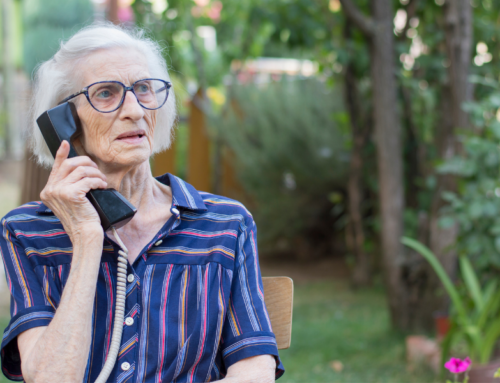Once personal information has been released, a senior citizen has lost their identity almost forever.
Elder fraud is an ever-changing epidemic and changing. In my practice, families and attorneys for families are simply at their wits end and have contacted me for help. The Internet, which has made our lives more convenient, has now become a feeding ground for these vipers.
Many of these clients have reached out via chat rooms or other online forums to engage with social media… and that becomes the draw. On the other end of the Internet is the scammer.
Call it a Nigerian scam, the disaster emergency scam, or the lottery scam; they entice my clients to answer, either with money or by giving confidential information. The most damaging is the request to share personal information. Once this information is released, a senior citizen has – for all intents and purposes – lost their identity almost forever.
As I tell my clients or their family, never ever give out personal information to anyone on the phone or the Internet. Unless you make the call to a bank or other place of business with which you’ve engaged before, do not make the mistake of giving this information away.
Most everyone today has caller ID on their phones. I strongly advise that clients do not answer a call that they do not recognize — phone calls from scammers lead to the problem.
Scammers are professional salespeople, and they know what to ask to get you into a conversation. They will ask seemingly innocuous questions to get you to talk. Slowly, these conversations become personal and then questions are asked about family, interests, hobbies and then about money. That’s when the conversation becomes expensive.
Stay tuned for future blogs dealing with the most common questions including, “what do I do if…?”
Take my advice for what it is – it’s just AS I SEE IT.









